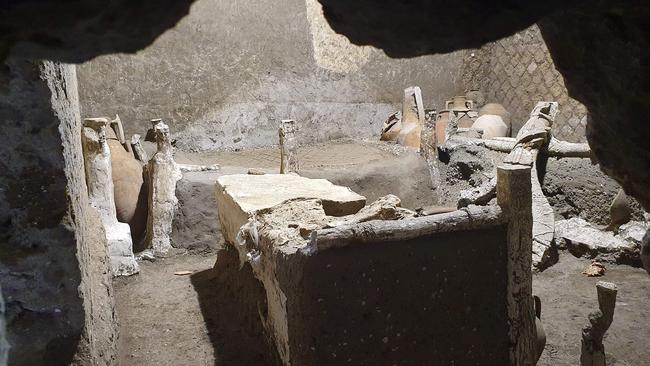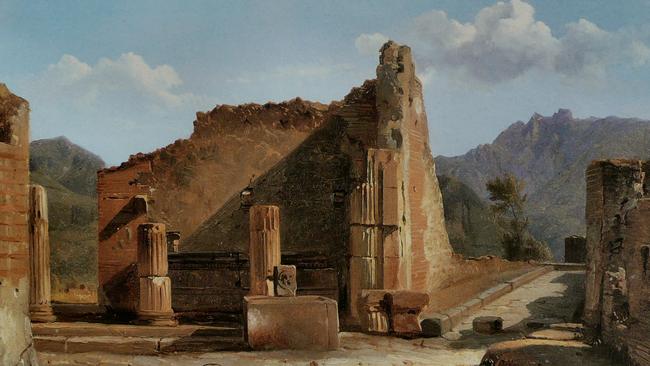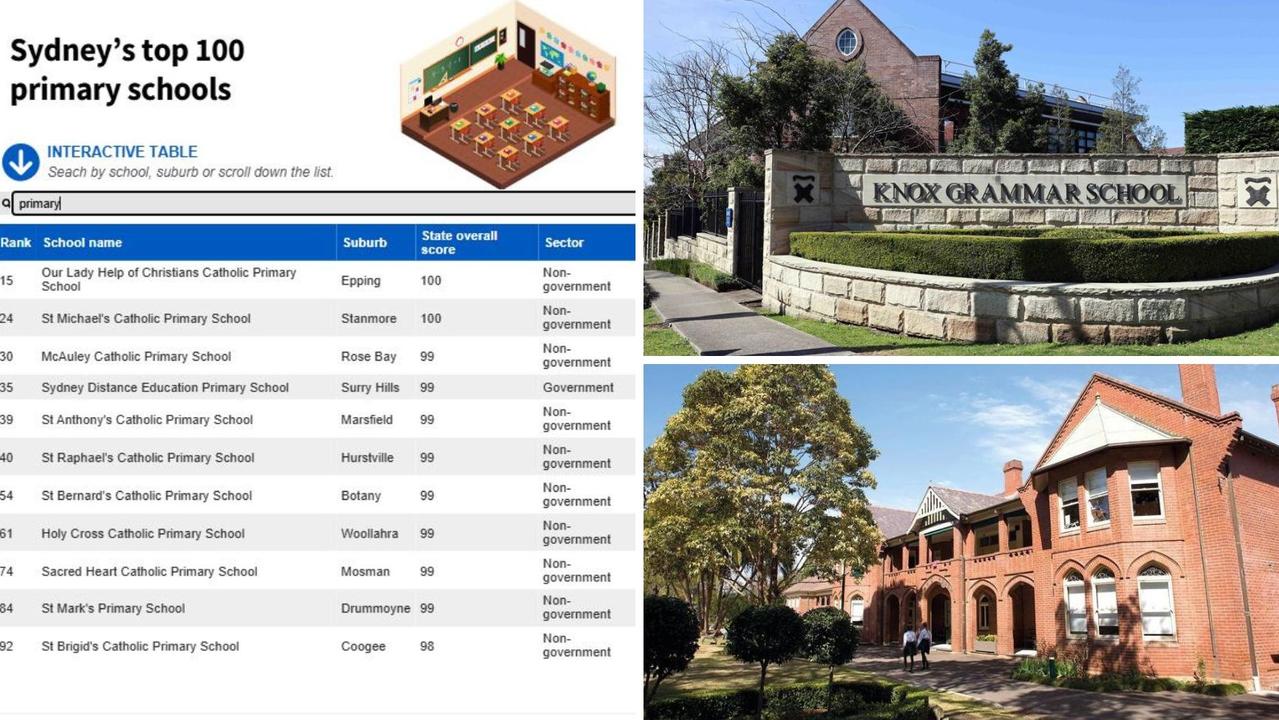Top tips for HSC Ancient History exam revealed
Two ancient history teachers from a top performing school have revealed everything students must do to get good marks.

Education
Don't miss out on the headlines from Education. Followed categories will be added to My News.
Two ancient history teachers from a top performing school have revealed everything students must do in Tuesday’s exam if they want good marks.
Experienced Ancient History teachers Lidia Budanovic and her colleague Pablo Morales-Jimenez from Homebush Boys High School said there were a range of things students must remember before they step into their exam hall on Tuesday.
EVIDENCE IS KING
Not only in the core section but across the entire paper.
If students don’t refer to ancient, written or archaeological evidence in their answers they simply won’t access that band six, no matter how well they write.

INCORPORATE EXAM SOURCES PROVIDED
Using the sources is key.
Students have to refer explicitly to the given sources provided in the exam paper.
For example, a given source in the exam could be a fresco of Mount Vesuvius with the god Bacchus, and students for example may have a question asking about geographical features.
While most students will write about geographical features and write about Mount Vesuvius they must also say “as can be seen as depicted in the fresco in Source A”.
That is a common error students make.
DO THE LAST ESSAY FIRST
We recommend students do that either first or second — it is the harder section, they are fresher at the beginning of the exam so we say do it first.
It will ask them to come up with a sophisticated judgment and sustain that all the way through that response.
KEEP AN EYE ON THE TIME
We tell students they must keep in an eye of the time, they must do 45 minutes per section and they must adhere to that.
When they look at the essay question they must get their head around it, write a plan to answer it and underline the key words. It is really, really important they plan.
It is not about how much content they get down, it is about addressing the question and using sources to support your answer with explicit details.

USE THE READING TIME
It is imperative that students use that five minutes of reading time to find the options that they have studies in school.
They are not allowed to write in the reading time but they must dog ear the pages — the actual paper can be 45 pages long.
They have to go to the society, wade through the 10-11 society options which are there and find their school’s chosen topic.
They must also take the time to read the sources for Pompeii and read the other questions very carefully to enable them to interpret them correctly.
WATCH YOUR SPELLING
It comes down to the names of significant individuals — they should be spelling those correctly but there is some leniency with some of the other words.
USE THE RIGHT WORDS
Those students who really get the high marks are ones which are able to incorporate specific historical terminology using Latin words in addition to English ones.
In the core section for Pompeii and Herculaneum, they must look at private housing.
Here are some of the words students must know.
Atrium — the formal entrance of a typical Pompeian or Roman house
Triclinium — the dining room
Garden courtyard — peristyle garden.




